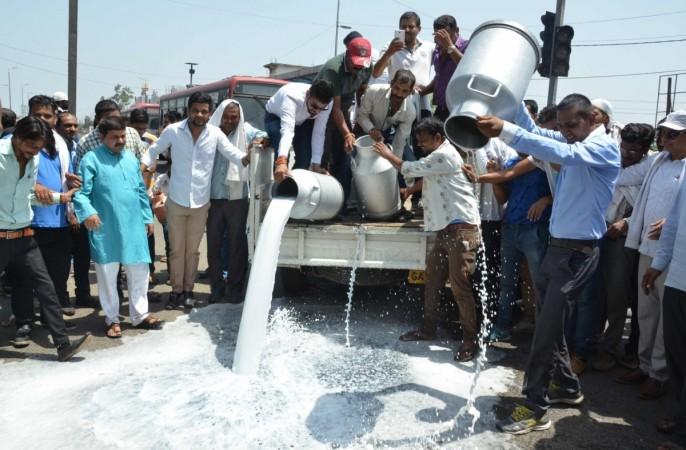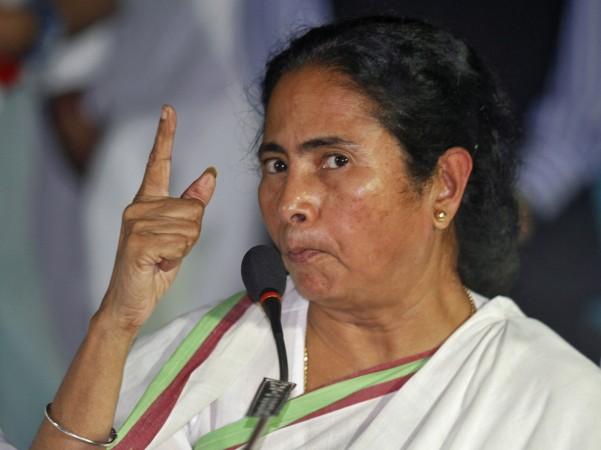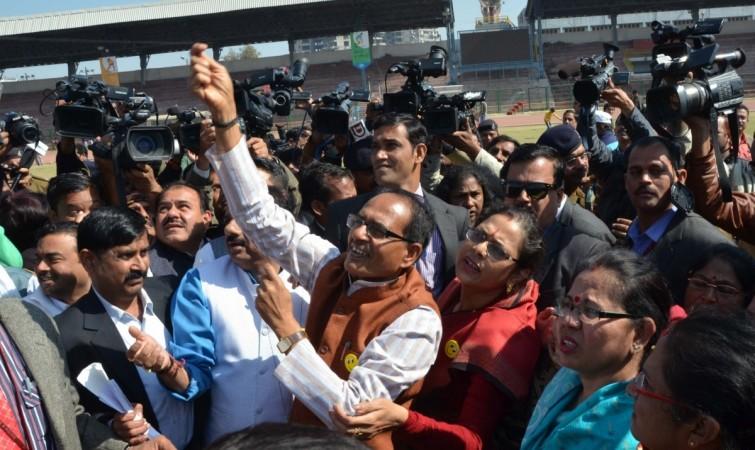
On March 14, 2007, 14 farmers were killed in police firing in Nandigram in West Bengal after they had resorted to protest against the then ruling Left Front government led by Buddhadeb Bhattacharjee. The government had tried to grab land in the area for setting up a special economic zone but the villagers refuse to oblige, resulting in the violence and loss of lives.
The tragedy had a massive impact on the state's politics. The media, civil society and above all, the robust Opposition forces under the leadership of Mamata Banerjee, currently the chief minister of the state, made full use of the reckless act by the government.

Coupled with the agitation in Singur, Nandigram saw a change of course in Bengal's politics, which had been dominated by the Left for over three decades. Riding back of the land movement, Mamata stormed to power in 2011, terminating the record of her predecessors.
The same government atrocities but Nandigram had Mamata; Mandsaur doesn't
Fast forward to June 2017. Five farmers were killed while eight more were injured after the police started firing at protesters seeking better prices for their produce and waiver of loans in two separate incidents in Mandsaur. The state government had first tried to deny that the police had fired at the farmers but later conceded that they might have done so in self defence.
Now, despite the fiasco, one can say with confidence that the Shivraj Singh Chouhan government will continue to dominate MP for years to come, unlike what had happened with the mighty Left Front government in Bengal.

And the reason is simple: There is no Opposition leader of Mamata Banerjee's stature in the state which the BJP has been dominating since 2003. The same is true for the neighbouring Chhattisgarh as well where Raman Singh is in power for the same period. There are virtually no possibilities of any change in the political discourse of these two states even if they face adversities – be it in the form of firing on farmers or Maoists killing security personnel at will.
BJP's advantage in Hindi belt: There is virtually no Opposition
The BJP's advantage in the Hindi belt lies in the fact that there is not much Opposition apart from the Congress and the latter is increasingly getting wiped out from the national scene. Even if the vote-share of the Congress party in the BJP-dominated states is not too bad, it is too weak in terms of the numbers and also leadership. The Grand-Old Party depends on its top brass, the Gandhis, to address issues even at the state levels for the local leadership is non-existent. The end result goes in favour of the BJP.
Only BJP can resolve agriculture woes by coming up with a national policy
The BJP, as the new party to have an increasing pan-Indian clout, needs to have in place consistent long-term plans in place as a solution to agricultural woes. The party is dependent more on extravagant propaganda to showcase its or rather Prime Minister Narendra Modi's achievements, but there is no roadmap for the states to pursue to permanently settle problems that plague agriculture, for instance.
While states like MP and Maharashtra, where the BJP is in power, are trying this or that move to resolve the farmers' crisis, there is no uniform agriculture policy in place to deal with all sorts of challenges – caused by under-production or over-production [as the case in MP is] of agricultural goods. As the chief minister of one BJP-ruled state announces a loan waiver, farmers of another BJP-ruled state also seek the same.
As of now, neither there is any sound Opposition leadership to take up the farmers' issue nor has the ruling party come up with a solution for the farmers whose lives are turning increasingly difficult. The twin political and administrative failures do not hint at acche din as PM Modi had promised three years ago.









!['Had denied Housefull franchise as they wanted me to wear a bikini': Tia Bajpai on turning down bold scripts [Exclusive]](https://data1.ibtimes.co.in/en/full/806605/had-denied-housefull-franchise-they-wanted-me-wear-bikini-tia-bajpai-turning-down-bold.png?w=220&h=138)



